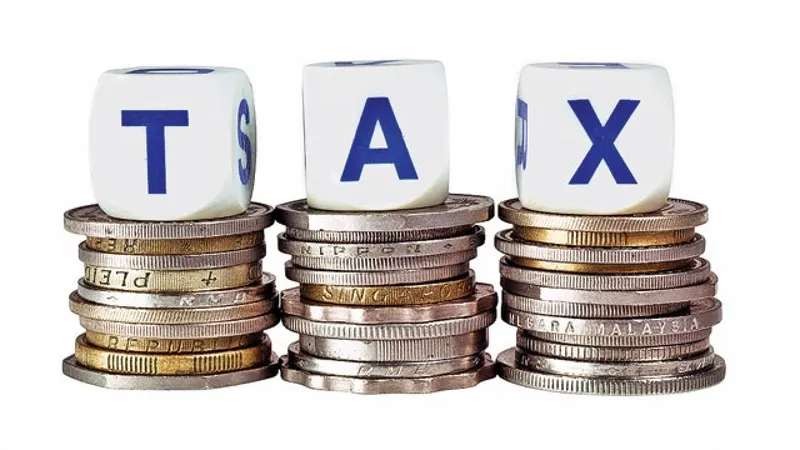

TDS and TCS under GST

Tax can be both collected and deducted at source (TCS and TDS respectively) in the Indian Taxation System. TDS and TCS have impacted various sectors under GST, which will be discussed below.
This article covers the following topics:
- About TDS
- TDS for Government Civil Contractors
- TCS for E-commerce Sector
1. About TDS and TCS
Tax Collected at Source (TCS) is applicable at a rate of 1% for both intrastate (0.5% CGST and SGST each) and interstate (1% IGST)net taxable supplies under GST.
Tax Deducted at Source (TDS) is applicable at a maximum rate of 2% under GST. The liability to collect TDS lies on:
- Central or state government owned department or establishment
- Governmental agencies
- Local authorities
- Persons or their categories as notified by the government (central or state) on Council’s recommendations.
The entity will be liable to deduct TDS if the total supply value exceeds Rs. 2.5 lakh under a contract. TDS should be paid by the deducting entity by the 10th of the succeeding month.
2. TDS for Government Civil Contractors
More than 10,000 civil contracts are given by the Indian government yearly across the nation. It includes construction and repair of national highways which alone costs more than Rs. 100 crores. Big firms are contracted these assignments which sub-contract them to smaller firms which then further sub-contract them to even smaller firms. However, this process of sub-contracting may face issues due to the TDS liability under GST.
TDS will have to be deducted by the government from the contractor, which will ensure compliance of tax by sub-contractors and contractors. Since, many small contractors were not compliant with the tax system, introduction of GST made it mandatory for them to adhere to the rules of the system by getting registered and filing returns so as to claim ITC. This was the very purpose of including TDS under GST in the unorganized sector too.
3. TCS for E-commerce Sector
E-commerce operators under GST are given the responsibility to collect and deposit tax for each transaction made. These dealers will receive their payment for selling goods and services online after their tax is deducted at source. This has increased compliance of traders and also increased their administration costs. Operators such as Amazon, Flipkart, Snapdeal, etc. will now have to make changes to their payment processes online and also their administration departments so as to incorporate TCS in their systems. These traders will also be required to get registered under GST so as to sell goods and services online. It does not matter if they have an annual turnover of less than Rs. 20 lakhs. Registration of dealers is compulsory so as to claim ITC under GST.
Thus, an increased level of transparency and compliance has been achieved with the insertion of TDS clause under GST.







